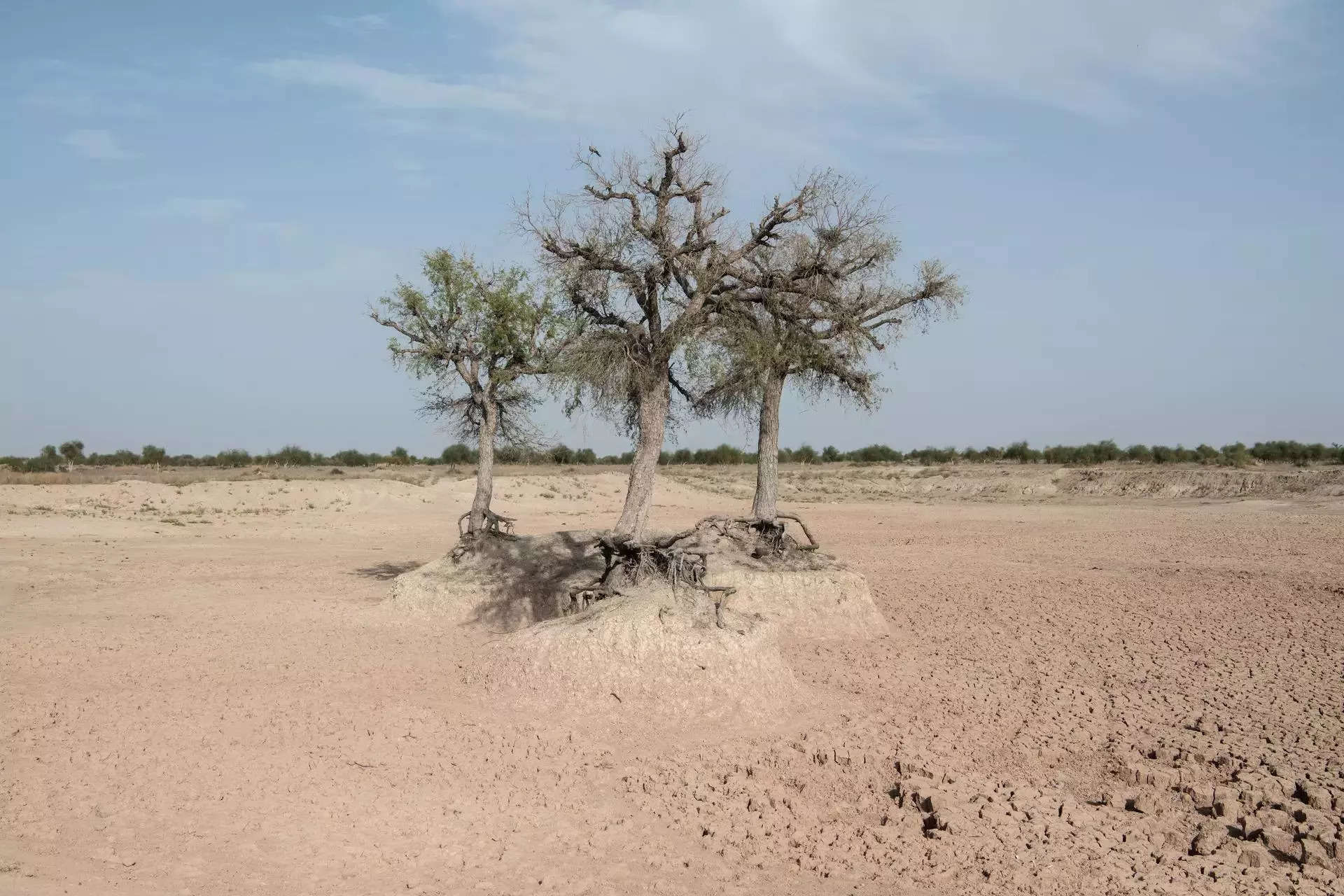
Australia should prepare for ‘megadroughts’: Report
-
by Anoop Singh
- 13
These megadroughts, defined as prolonged periods of below-average rainfall, have recurred every 150 to 1,000 years in the continent’s history.
Dr Georgy Falster, the lead researcher, pointed out that while Australia has not officially recorded a megadrought yet, historical evidence indicates their occurrence.The study emphasizes the necessity of preparing for these extreme events, especially in the face of escalating global warming.
The research mentions the importance of implementing robust water management strategies, supporting drought-prone communities, and introducing environmental protection plans to mitigate the severe impacts of megadroughts.
Dr Falster asserts that reducing greenhouse gas emissions remains the key solution to mitigating the severity of future droughts.
The report also suggests that Australia’s past major droughts may not fully capture the potential rainfall variability, potentially underestimating the drought risk in the country’s water policies.
The report’s findings align with the government’s efforts to develop a national climate change adaptation plan and risk assessment.
The spokesperson for the federal environment department highlighted the urgent need for better preparation and management of climate change risks in Australia.
NEW DELHI: New research from the Australian National University suggests that Australia should prepare itself for ‘megadroughts‘ lasting over 20 years due to human-induced global heating. These megadroughts, defined as prolonged periods of below-average rainfall, have recurred every 150 to 1,000 years in the continent’s history. Dr Georgy Falster, the lead researcher, pointed out that…
NEW DELHI: New research from the Australian National University suggests that Australia should prepare itself for ‘megadroughts‘ lasting over 20 years due to human-induced global heating. These megadroughts, defined as prolonged periods of below-average rainfall, have recurred every 150 to 1,000 years in the continent’s history. Dr Georgy Falster, the lead researcher, pointed out that…

